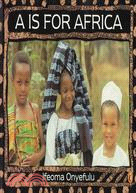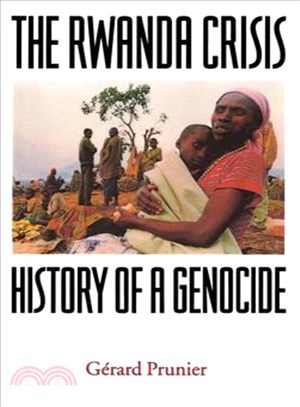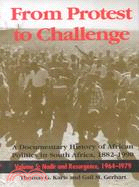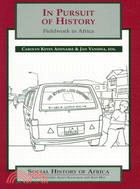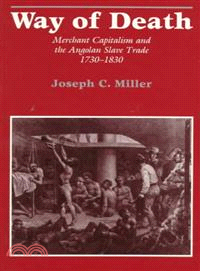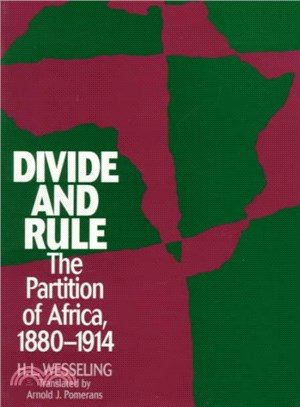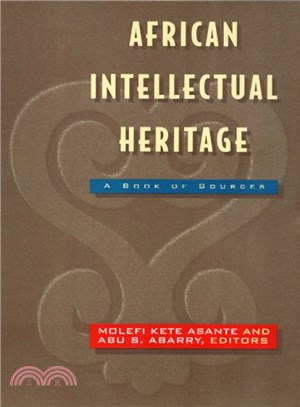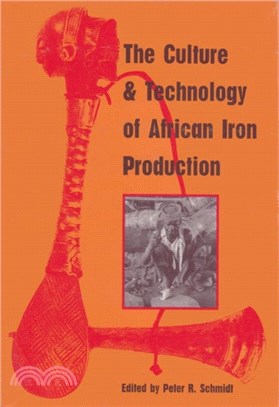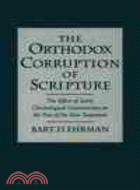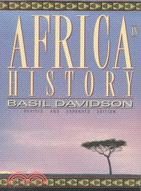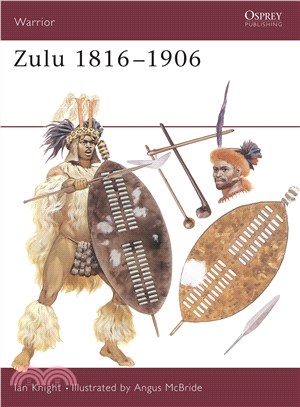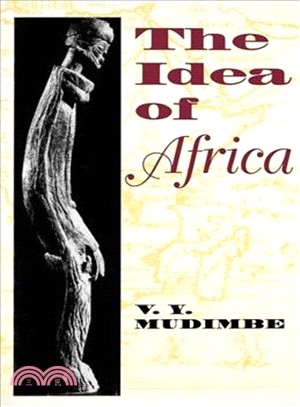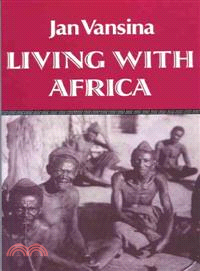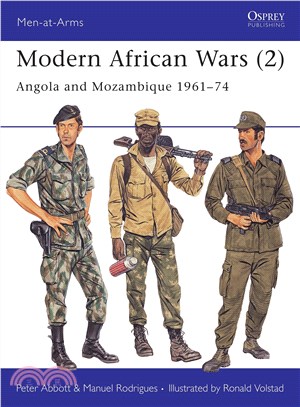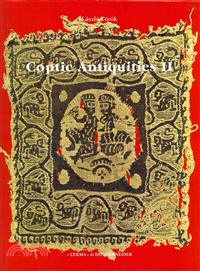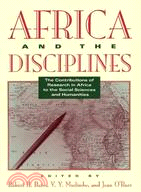共
1413 筆
第34 / 36 頁
出版日:1998/03/05
作者:Robin Law (EDT);
British Academy (COR);
Royal African Company (COR)
出版社:British Academy
裝訂:精裝
若需訂購本書,請電洽客服 02-25006600[分機130、131]。
優惠價:1
1917
無庫存
優惠價:1
2280
無庫存
優惠價:9
3591
無庫存
若需訂購本書,請電洽客服 02-25006600[分機130、131]。
優惠價:9
1944
無庫存
優惠價:9
2339
無庫存
若需訂購本書,請電洽客服 02-25006600[分機130、131]。
優惠價:1
2997
無庫存
優惠價:79
2133
無庫存
優惠價:1
3021
無庫存
優惠價:1
2538
無庫存
優惠價:1
798
無庫存
優惠價:79
2607
無庫存
若需訂購本書,請電洽客服 02-25006600[分機130、131]。
優惠價:1
2348
無庫存
若需訂購本書,請電洽客服 02-25006600[分機130、131]。
優惠價:1
1557
無庫存
若需訂購本書,請電洽客服 02-25006600[分機130、131]。
優惠價:9
855
無庫存
優惠價:79
2133
無庫存
優惠價:1
957
無庫存
優惠價:1
2217
無庫存
若需訂購本書,請電洽客服 02-25006600[分機130、131]。
優惠價:79
917
無庫存
優惠價:79
569
無庫存
若需訂購本書,請電洽客服 02-25006600[分機130、131]。
出版日:1994/05/01
作者:Peter Abbott;
Philip Botham;
Manuel Ribeiro Rodrigues;
Mike Chappell;
Ron Volstad
出版社:Osprey Pub Co
裝訂:平裝
優惠價:79
539
無庫存
優惠價:9
2749
無庫存
若需訂購本書,請電洽客服 02-25006600[分機130、131]。
出版日:1993/12/01
作者:Robert H. Bates (EDT);
V. Y. Mudimbe;
Jean O'Barr (EDT);
V. Y. Mudimbe (EDT)
出版社:Univ of Chicago Pr
裝訂:平裝
優惠價:9
1163
無庫存
若需訂購本書,請電洽客服 02-25006600[分機130、131]。







